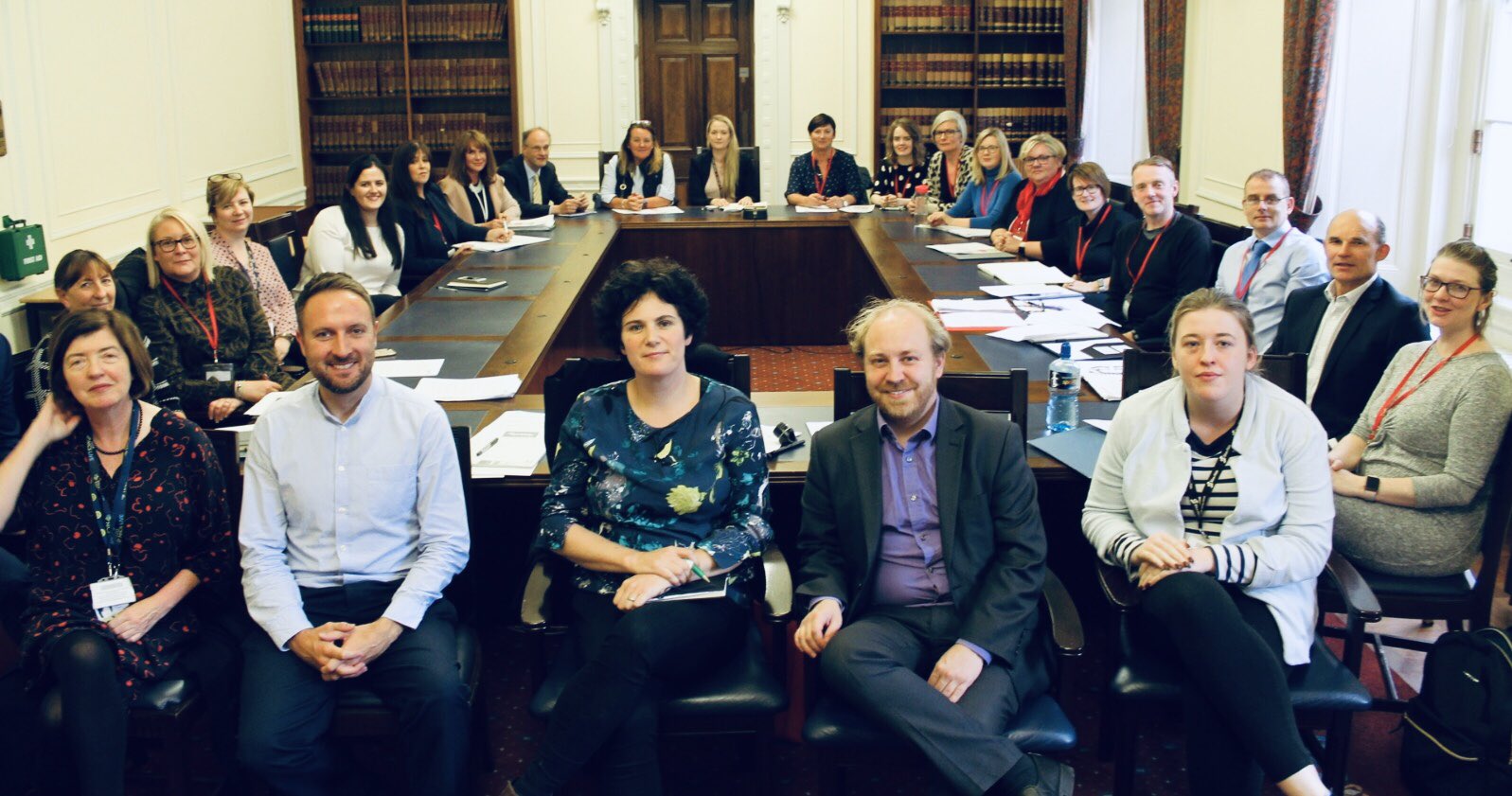Employers For Childcare response to Government Spending Review
On 4 September the Chancellor Sajid Javid delivered his Spending Review pledging an additional £13.8 billion in extra spending next year and declaring an ‘end to austerity’. This included an increase in early years spending of £66 million targeted at increasing the hourly rate paid to childcare providers who deliver the Government’s 30 hours free childcare offer in England.
While this funding is welcomed, it does not go nearly far enough in bridging the existing gap in funding. Earlier this year, the All-Party Parliamentary Group for Childcare and Early Education published research which estimates that there is at least a £662 million gap in early years funding, causing difficulties for providers. Without addressing this, childcare providers will continue to struggle to be sustainable, and some will have no option but to go out of business. At the same time, families in Northern Ireland continue to have no access to free childcare and feel that they are being left further and further behind.
Northern Ireland’s share of the additional funding announced by the Chancellor is allocated through the Barnett formula and equates to approximately £400 million or a real increase of about 2%. We are calling for funding to be invested in our vital childcare infrastructure, helping to support families and giving children and young people the best start in life.
The Spending Review also falls short in supporting families who remain locked in poverty and are struggling to make ends meet due to problems associated with Universal Credit and issues such as the benefit freeze and two child cap.
Universal Credit (UC) requires claimants to pay for registered childcare upfront and claim reimbursement after the childcare has been provided. This may include additional upfront costs such as a deposit to secure a place. This policy can leave households waiting weeks, even months, to receive support they are entitled to with the cost of childcare. Thorough our work with families, we know that this can exacerbate the already precarious financial situations many are experiencing, create financial hardship, lead families to take on debt, or act as a barrier to work, in direct contrast to the stated objectives of Universal Credit. The impact of this approach has been well documented by the Work and Pensions Committee which has referred to UC childcare support as “a barrier to work”. The UN Special Rapporteur on extreme poverty and human rights stated that this policy “means families may have to go into debt to take a job”.
To “turn the page on austerity” the Government has missed an opportunity to address these issues with Universal Credit and help to lift families out of poverty.






